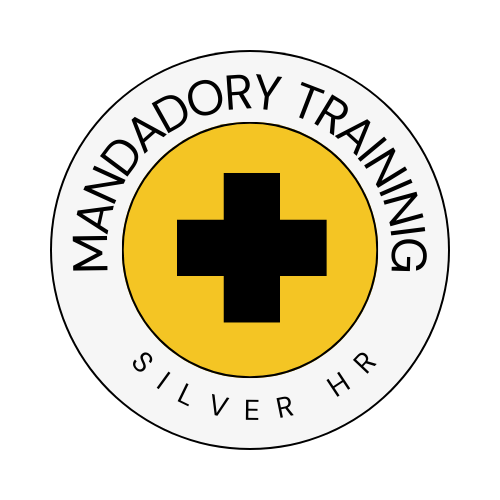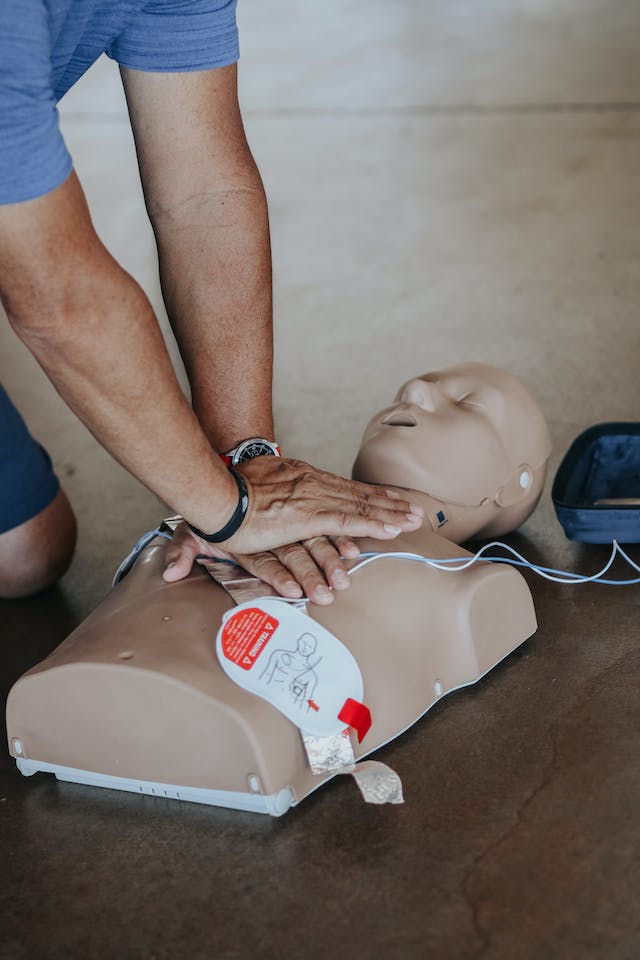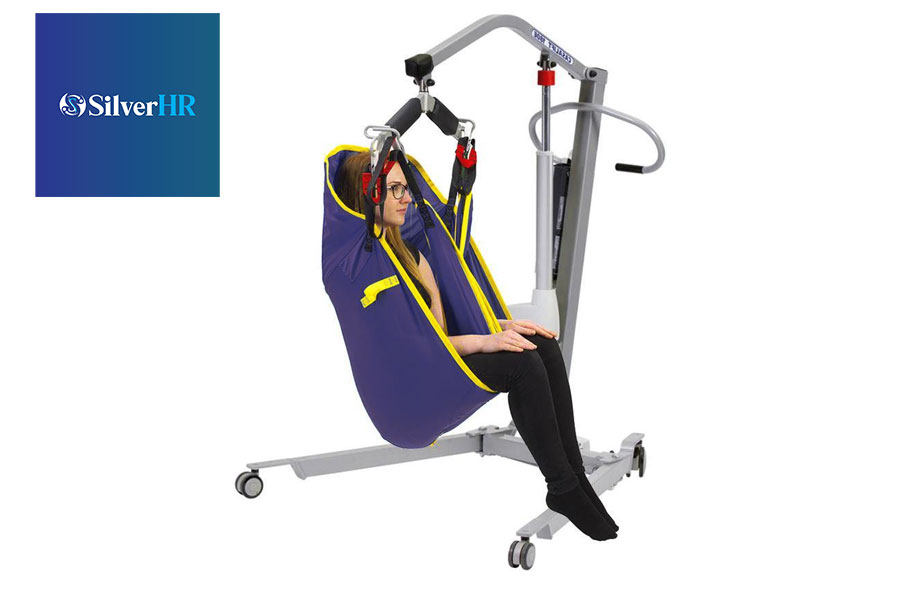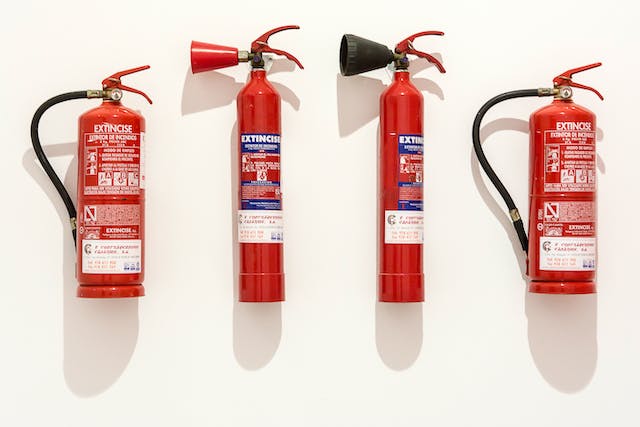Welcome to SilverHR Mandatory Training

At SilverHR, we’re excited to offer an innovative approach to training care workers through our comprehensive E-Learning platform. Dive into our specially curated menu featuring a range of essential courses designed to enrich and empower caregivers






Our user-friendly practical training modules ensure convenience and flexibility, allowing learners to progress at their own pace. Join us at SilverHR’s practical training and embark on a learning journey that shapes a difference in care provision!
Key Components of Mandatory Training for Caregivers
Mandatory training for care workers encompasses a diverse array of crucial topics that are vital for their roles in providing quality care. It demands a profound understanding of diverse skills and knowledge crucial for ensuring the safety, well-being, and holistic care of individuals.
Assisting People
Care workers receive comprehensive training to aid individuals in their daily activities, including personal care, assisting with mobility, and supporting their routine tasks. They are taught to respect the autonomy and dignity of the individuals they assist, fostering an environment of independence and choice.
Basic Life Support and First Aid

Care workers receive training in vital life-saving techniques like CPR, enabling immediate assistance in critical situations. Instruction covers methods to handle wounds, bleeding, and choking incidents, ensuring quick and appropriate responses in emergencies. Training emphasizes the steps to ensure airway, breathing, and circulation are maintained in an emergency situation. Care workers are taught to recognize signs of distress or medical emergencies and respond promptly and effectively.
Communication
Care workers undergo training to refine their communication skills, enabling them to interact effectively and compassionately with individuals in their care. They learn to use verbal and non-verbal cues to understand and convey information, ensuring clear and empathetic communication.
Equality and Diversity
Training focuses on fostering an inclusive and diverse environment, ensuring care workers respect and appreciate differences among individuals. They learn to recognize and celebrate various cultures, beliefs, and backgrounds, fostering an environment of mutual respect and understanding. Care workers are taught to promote fair treatment for everyone regardless of race, ethnicity, religion, gender, or socio-economic status.
Food Hygiene

Care workers receive training on maintaining proper food hygiene standards, understanding the importance of safe food handling practices. They learn about preventing cross-contamination, proper storage, and handling of food to ensure the health and safety of those under their care. Training covers the significance of personal hygiene and cleanliness during food preparation and serving.
Fire Safety
Care workers undergo training on identifying fire hazards, understanding emergency procedures, and using firefighting equipment. They are taught to recognize potential fire risks in care settings and take preventive measures to reduce these risks.
Health Awareness
Care workers receive training to identify common health issues and symptoms in those they care for, allowing for early detection and timely intervention. Training covers various health conditions, enabling care workers to recognize signs and symptoms and take appropriate action.
Infection Prevention
Care workers undergo training in infection control, learning about various pathogens and the spread of infections. They’re educated on the importance of hand hygiene and the use of personal protective equipment to prevent infections. Training involves understanding the significance of proper sanitation practices to limit infection transmission. Emphasis is placed on recognizing potential infection risks and taking proactive measures to prevent their spread.
Medication Management
Care workers receive training on safe and accurate medication administration, emphasizing the importance of dosage precision and record-keeping to ensure the well-being of care recipients.
Mental Capacity
Training focuses on recognizing and respecting the rights of individuals with impaired capacity, ensuring appropriate support and decision-making while upholding their dignity and autonomy.
Reporting
Care workers undergo training on accurate documentation and reporting procedures. This includes documenting observations, incidents, and changes in the health or well-being of care recipients, ensuring effective communication among care team members and facilitating appropriate responses or interventions when necessary. Importance is placed on clear, concise, and timely reporting to maintain continuity of care and address evolving needs of individuals under their care.
Upgrade Standards: Mandatory Training by SilverHR
Join us on this transformative journey as we elevate care standards, one comprehensive training at a time
Silver Workforce is a trading division of Silver HR Ltd (Company No. 15232062)
Click Here